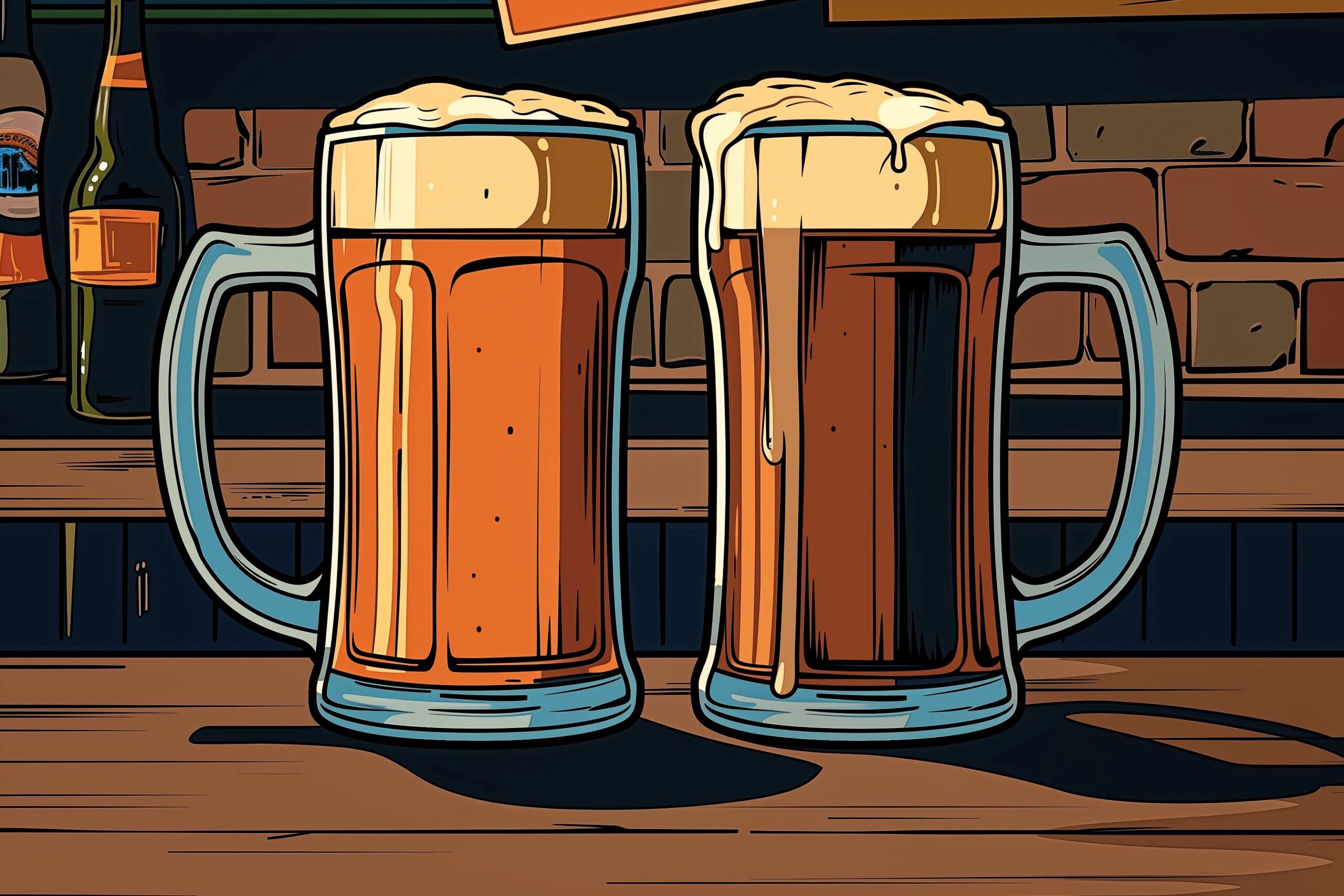
As an Amazon Associate, Modded gets commissions for purchases made through links in this post.
Few would argue we’ve made progress with mental health. We live in a progressive era where people are more inclined to talk about this admittedly challenging subject. Still, many of us have struggled to move on from the stereotypes which have stunted us for so long.
It’s a myth we see time and time again – that men are somehow impervious to mental health issues. They’re stronger than depression or anxiety. They’re somehow above the long list of disorders that affect millions of people every day. If they’re not, they should be. They’re supposed to be.
This dangerous mindset is persistent, even with the strides we’ve made in the past few decades. Of course, the belief that men don’t experience mental health issues – or should “tough it out” – is absurd. Men experience the same challenges as women, and some conditions are even more prevalent among males.
So why does this backwards logic continue to exist? Here are a few reasons.
1. Division Through Toxic Masculinity
The term “toxic masculinity” describes a broader condition and encompasses several of the factors included in this list. It’s a term that makes a lot of sense, but it’s often challenging to describe.
According to The Good Men Project, it’s “a narrow and repressive description of manhood, designating manhood as defined by violence, sex, status and aggression. It’s the cultural ideal of manliness, where strength is everything while emotions are a weakness; where sex and brutality are yardsticks by which men are measured, while supposedly feminine traits — which can range from emotional vulnerability to simply not being hypersexual — are the means by which your status as ‘man’ can be taken away.”
You’ve probably seen examples of toxic masculinity expressed in fraternal hazing or the mistreatment of women by men you’ve known. It could also present as gender-wide negligence to acknowledge what a serious issue men’s mental health is.
How do you combat this toxicity? It’s vital to understand that men’s mental health issues are real, and they have significant consequences if untreated. Men who experience them need encouragement to speak out and learn how being vulnerable can lead to a healthier mental state and a better quality of life.

2. The “I’ll Deal With It Myself” Mentality
Independence is highly valued in our society, particularly among men. It’s a gender norm that developed before we understood mental health and the repercussions of negligence. This “I’ll deal with it myself” mentality is still an issue today.
As a result, many American men fall victim to shrinking social circles and a lack of emotional support when things get difficult. They believe that, as a man, they should be able to address a problem on their own. Anything less than a total display of independence is a sign of weakness.
This is far from the truth, of course. Even if you can overcome an issue without outside help, doesn’t mean you shouldn’t ask for it. Unfortunately, asking for help is often seen as frailty.
3. A Sense of Pride From Hardship
Speaking from the perspective of gender norms, the way that men and women view challenges — specifically with mental health — is often different. Men are sometimes seen as more solution-oriented while women need time to experience and process things.
That said, women are less discouraged from asking for help. In male circles, there’s a certain glamour ascribed to “dealing with it.” That phrase comes up again and again. The “deal with it” mindset is a recurring problem.
The result of this, as you may have observed in a friend or loved one, is that men take pride in enduring hardship. Instead of practicing this type of behavior, they should recognize an unhealthy pattern and seek to resolve it.

4. Men Downplay Their Symptoms
If you’ve spent time around people who struggle with mental health, you’ve probably seen what it looks like when someone downplays their symptoms. Men and women alike feel hesitant to burden their friends and family with their problems. Mental health issues can manifest in more subtle ways than physical conditions.
Someone in a deep depression who is uncomfortable being vulnerable might appear quiet. Someone who’s suffering from tremendous social anxiety might make up a reason not to come out. This is why it’s important for you to ask questions and prompt your friends to share if you suspect something is wrong.
5. We Don’t Realize How Common These Issues Are
The factors we’ve already cited are exacerbated by a condition that affects all Americans, male or female. That is, we don’t realize that one in five American adults experience a mental health issue every year.
Men, commonly associated with a stoic attitude and smaller social circle, are less likely to understand how under-reported these conditions are. All this only contributes to the habits of internalizing and marginalizing issues that can be fatal when left untreated.
It’s no overstatement to say that anyone would benefit from working with a mental health professional to better understand their own condition. Rather than having a reactive attitude toward mental health, we should have a proactive one.
People who don’t receive a clinical diagnosis can still benefit from identifying correctable habits, getting some perspective on their internal monologue and just being heard out in a safe space.
Get the Help You Need
The path to a better future for men’s mental health is not so different from that for women. It starts with a conversation. What do you want to say?
Stay up to date with the latest by subscribing to Modded Minute.
Author
Jack Shaw is a senior writer at Modded. Jack is an avid enthusiast for keeping up with personal health and enjoying nature. He has over five years of experience writing in the men's lifestyle niche, and has written extensively on topics of fitness, exploring the outdoors and men's interests. His writings have been featured in SportsEd TV, Love Inc., and Offroad Xtreme among many more publications.






